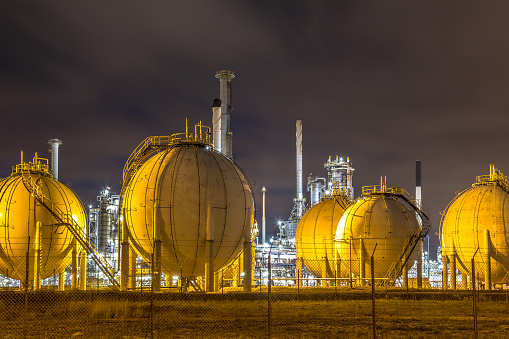A major source of the smog that engulfs vast swathes of northern India, including the capital New Delhi, is the burning the straw and stubble of the previous rice crop to prepare for new planting in October and November.

New Delhi is regularly judged to be one of the world's most polluted major cities.
Government-backed Indian Oil Corp Ltd will invite private companies to apply to set up 140 bio-gas plants that will use rice stubble as feed stock, two government officials, who didn't wish to be identified in line with official policy, said.
The plants would cost 35 billion rupees ($487.67 million) and each would require two tonnes of crop residue every hour for at least 300 days to produce "an optimum amount" of compressed natural gas (CNG), one of the sources said.
The government would earmark funds for the project that would make it attractive for farmers to sell their waste rather than burn it, they said.
The stubble pollution has become more acute in recent years because mechanised harvesters leave more residue than crops plucked by hand.
Other than helping farmers sell their residue to the new bio gas plants, the government would provide 100,000 new machines every year to farmers to dispose of the farm waste in their fields, the sources said.
"We'll give farmers the choice to either get rid of crop residue or sell it to the bio CNG plants," one of the sources said.
Environmental experts were sceptical.
"Given the amount of resources that the government has, what will decide the efficacy of this plan is consistent engagement with farmers," said Nandikesh Sivalingam, a programme manager for Greenpeace.
"But if you expect results next winter, it can't happen."